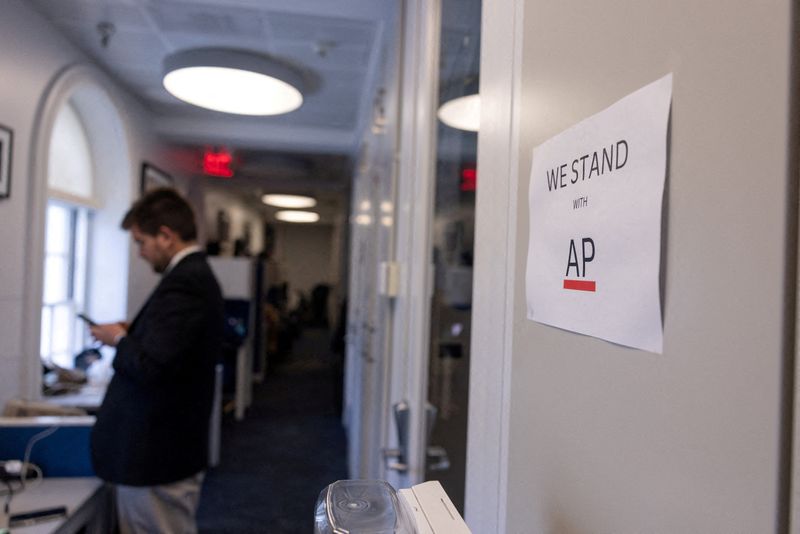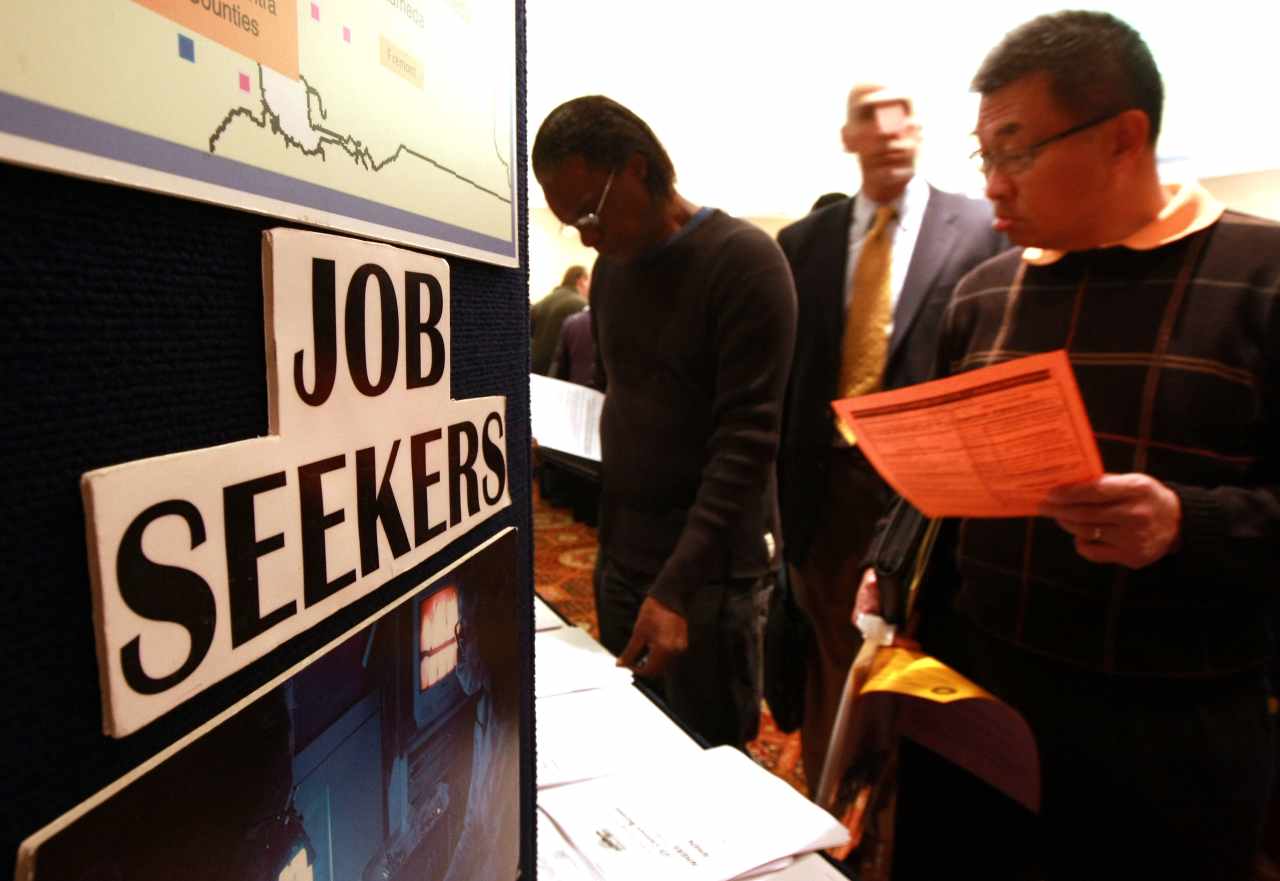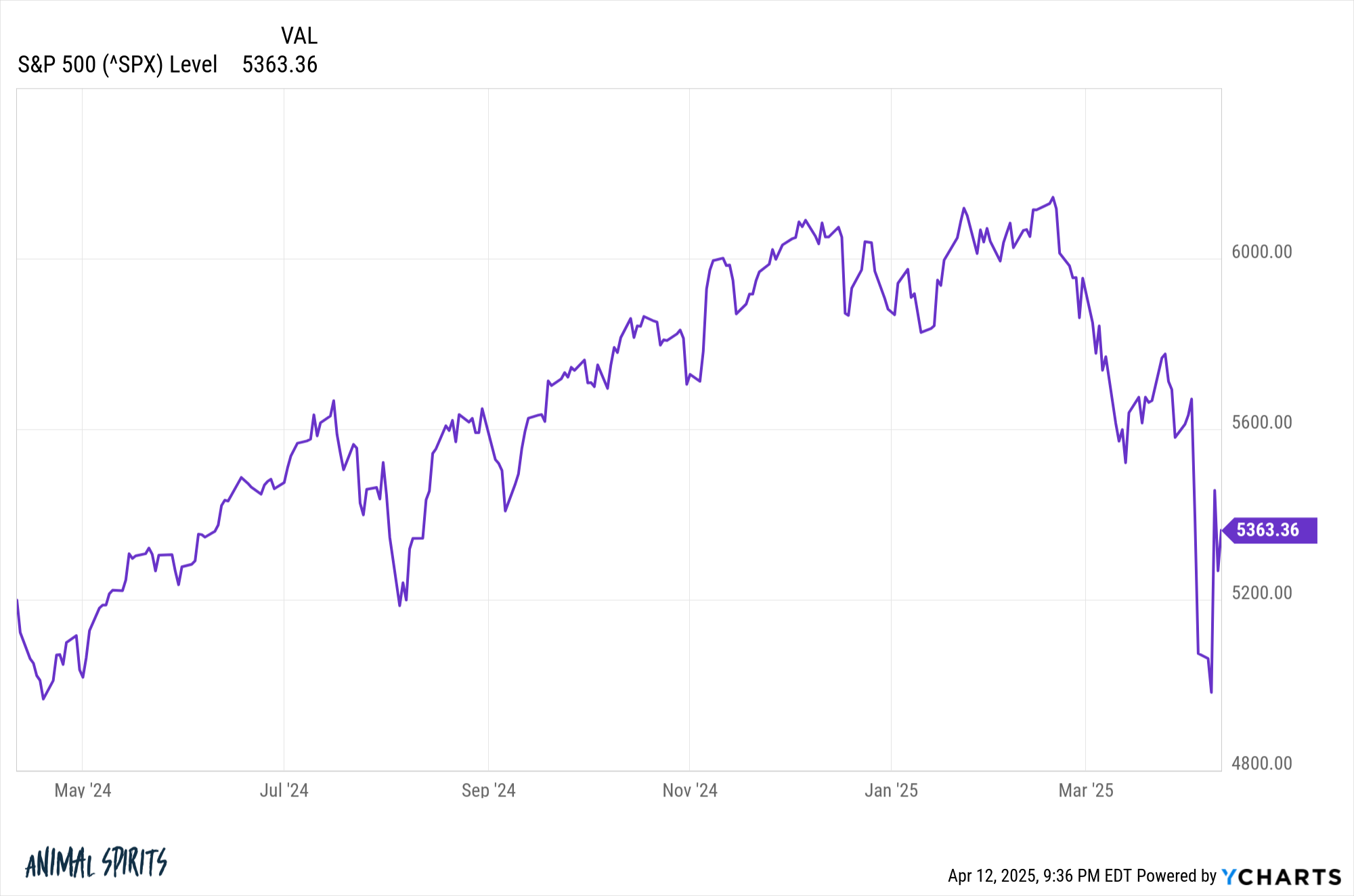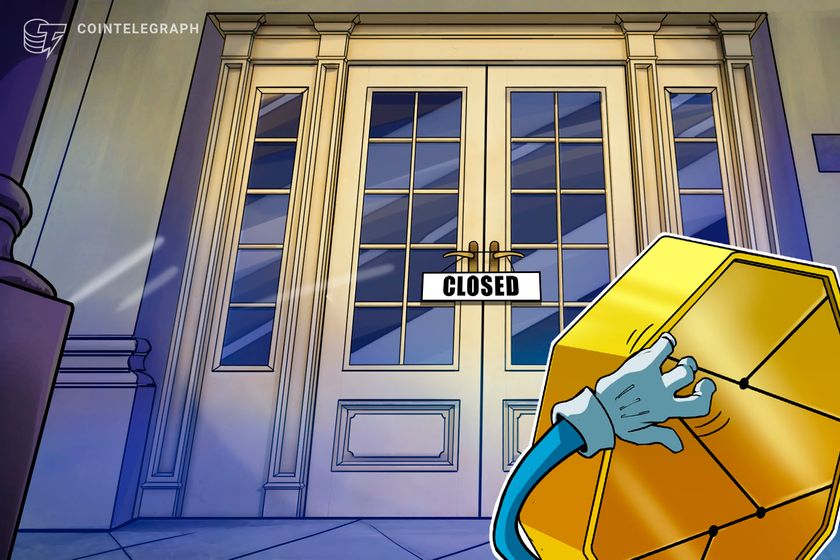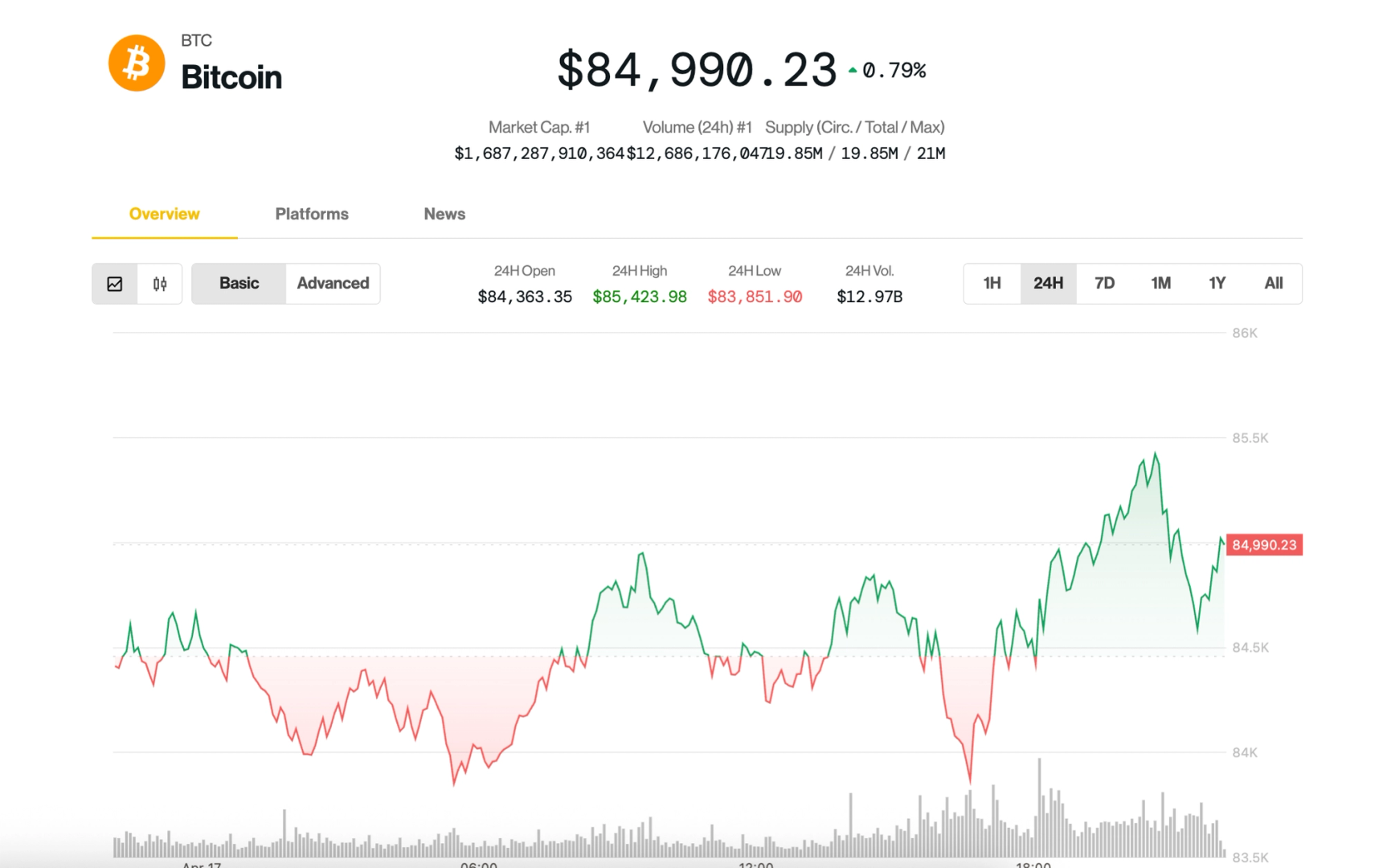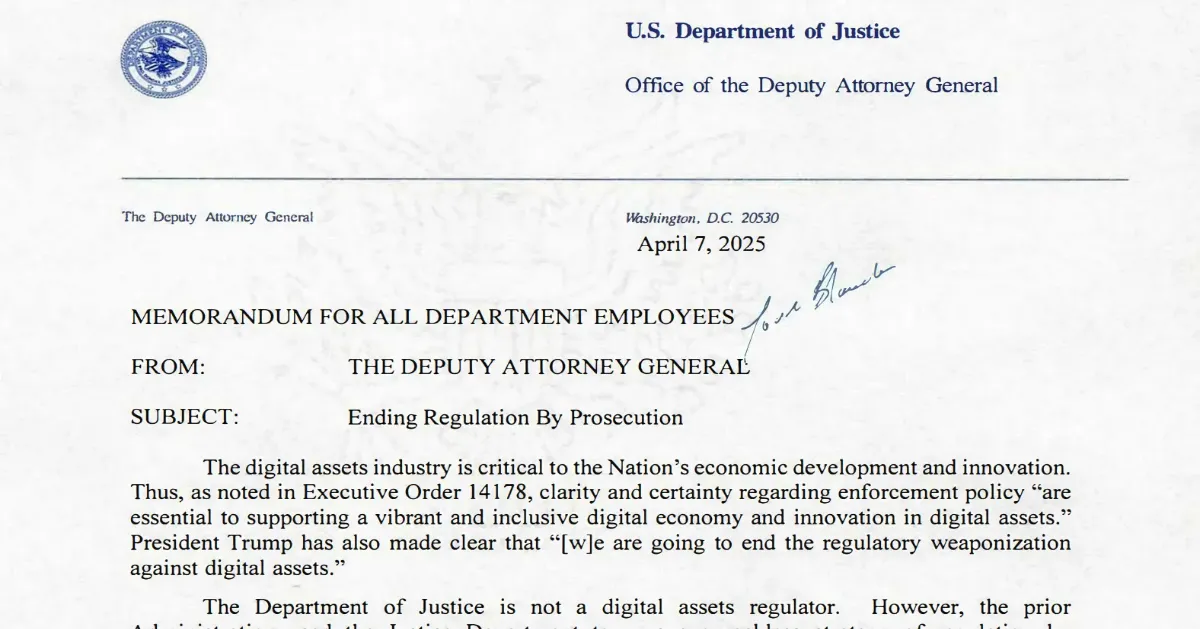Should I quit my high-paying job with $1.5M saved despite feeling miserable and stressed?
A lot of people reach their late 30s only to find that they’re behind on savings. In fact, I have some friends who are older than that who can barely afford to replace a kitchen appliance on a whim, let alone get through several months of unemployment. In this Reddit post, though, we have […] The post Should I quit my high-paying job with $1.5M saved despite feeling miserable and stressed? appeared first on 24/7 Wall St..

Key Points
-
A stressful job could impact you negatively in many ways.
-
Leaving a stressful job behind gets easier when you have enough savings.
-
You can use your financial cushion to figure out your next move.
-
Are you ahead, or behind on retirement? SmartAsset’s free tool can match you with a financial advisor in minutes to help you answer that today. Each advisor has been carefully vetted, and must act in your best interests. Don’t waste another minute; get started by clicking here here.(Sponsor)
A lot of people reach their late 30s only to find that they’re behind on savings. In fact, I have some friends who are older than that who can barely afford to replace a kitchen appliance on a whim, let alone get through several months of unemployment.
In this Reddit post, though, we have a 37-year-old who’s in a great place financially with $1.5 million in savings. There’s just one problem — they’re miserable at work and they’re desperate to leave.
They’re wondering if they should quit their job right away or try to stick it out a bit longer. And I have some thoughts on this conundrum that I think the poster, or anyone else in a similar situation, might find helpful.
Sticking out a stressful job isn’t easy
I can relate to what the poster here is going through because I, too, once had a very stressful job that really messed with my mental health. I found myself constantly miserable, and it was hard to shake the stress of work even on weekends when I wasn’t in the office.
In fact, every Sunday night I would experience a sense of dread, knowing full well that I was about to embark on another workweek. And eventually, the job got to me enough that I gave a month’s notice and resigned.
The one thing that had been keeping me at my job was the nice salary. But since I banked a lot of it, I was able to quit without having another job lined up and take a little time to figure things out.
The poster here is in a similar boat, if not a better one. They have $1.5 million in savings, which is way more than what I had when I left my job.
That level of savings should give them the leeway to quit their job without another one lined up and explore different opportunities. It should also allow them to take a few months off from work if they feel they need time to recharge.
Leaving a job the right way
The poster is concerned about a couple of things. First, they’re worried that if they leave their job now, as opposed to sticking it out for three more months, it will look bad. But if they wait three more months, they’ll have been there for two years, which they think looks better from a resume perspective.
Also, they’re worried that if they quit, they won’t be able to find another job for a long time. And both fears are understandable.
With regard to the first, the fact of the matter is that prospective employers don’t necessarily distinguish between a two-year stint at a job versus one year and nine months. Constant job-hopping might raise a red flag. But there’s nothing wrong with leaving a job close to the two-year mark. And if asked during a future interview, the poster could always explain that the job just wasn’t a good fit.
With regard to the second point, the poster has enough savings that they can be choosy about the next job they take. They can also take some time off to boost their skills so that they’re able to position themself for a better job the next time around.
But one thing the poster should not do is leave on bad terms. When I quit my job, I gave a month’s notice. This was doable because I didn’t have another job to start right away.
I gave that much notice for two reasons. First, I wanted to bank a little more savings. Secondly, I wanted to leave on a good note and make the transition smooth.
You never know when you might need to call in a favor or get a reference. So it wasn’t the wrong thing to give my former employer ample time to come up with a plan to replace me.
What I think the poster should do is potentially give a month’s notice like I did. That way, they’re not forced to stick out the job for three more months, but they’re also leaving on what should be considered a positive note.
It’s not an easy thing to resign yourself to three more months of a job you hate. But one month is a different story. So I think that could be a good compromise for the poster to look at.
The post Should I quit my high-paying job with $1.5M saved despite feeling miserable and stressed? appeared first on 24/7 Wall St..






